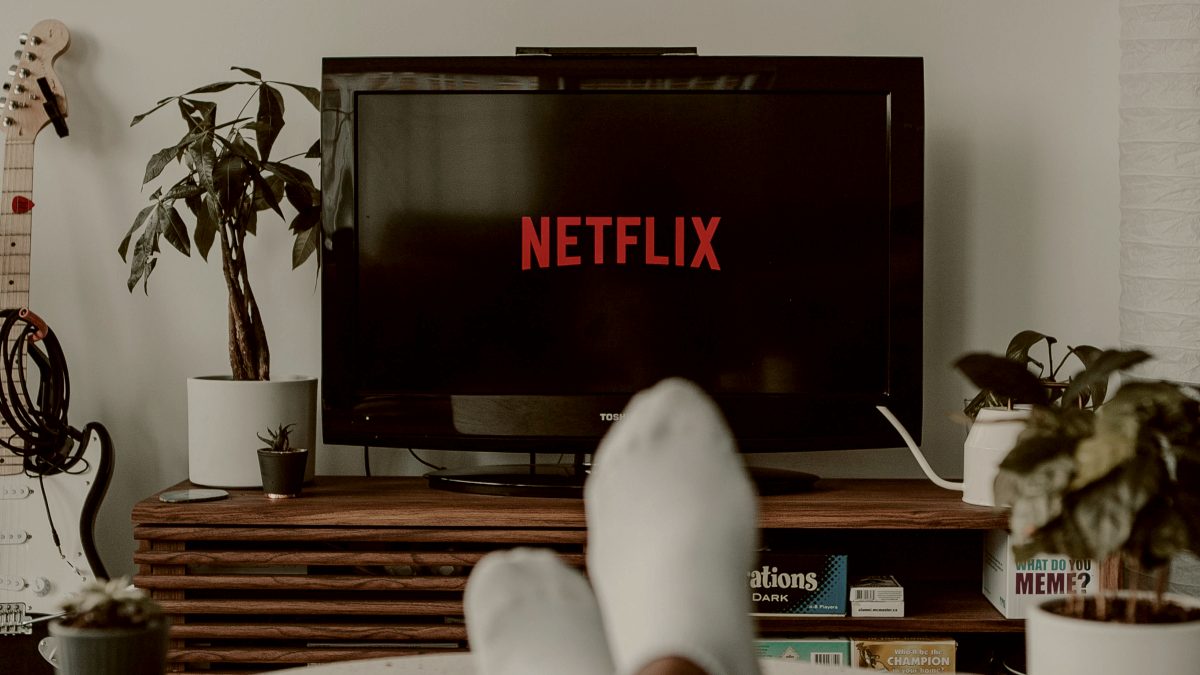
How 'Baby Reindeer' Authentically Represents Male Victims Of Sexual Assault
Sexual assault is a horrific ordeal that many people assume only women can experience. 'Baby Reindeer' challenges that narrative.

By Mark Travers, Ph.D. | July 15, 2024
By now, everyone has heard about Baby Reindeer, the gripping seven-episode 2024 Netflix miniseries created by and starring Richard Gadd. Based on Gadd's own experiences, the show tells the story of Donny Dunn, a struggling comedian who becomes the target of an obsessive stalker.
The thrilling series details how Dunn's life erupts into chaos when he makes the mistake of offering a lonely older woman, Martha, a cup of tea at the bar where he works. However, beneath this primary narrative lies a powerful exploration of male sexual assault and society's often problematic response to it.
Baby Reindeer arrives at a crucial moment when discussions about sexual violence are evolving, yet still often overlook male victims. The show's unflinching portrayal of Donny's experiences forces viewers to confront uncomfortable truths about society's double standard when it comes to men who have been sexually harassed or assaulted.
Why We Don't Recognize The Problem
In its opening scene, Baby Reindeer addresses society's toxic constructs of masculinity. Donny enters a police station, desperately seeking protection against Martha. The audience observes as a dismissive police officer nonchalantly questions Donny's claims of harassment. The officer's tone and demeanor make it clear that a man being stalked by a woman is not considered a matter warranting immediate police attention.
These traditional assumptions that men cannot be victims of sexual harassment or assault often create barriers to justice for male victims—making it difficult for men to acknowledge their experiences or seek help. Aside from commonly held misguided and damaging beliefs such as "men cannot be raped," there is another major problem that discourages men from recognizing their own sexual assault as such: the perception of their sexuality.
A 2023 literature review explains how heterosexual men who were assaulted by other men avoided reporting it because they feared having "their sexual orientation revealed." On the other hand, men who identified as anything other than heterosexual did it due to the fear of "having to come out."
Jeffrey Ingold expands on this issue in his recent Guardian piece, "One uncomfortable reality the show gives us is that Donny only starts to question his sexuality and explore his queerness after Darrien's assaults. Are we supposed to pretend that abuse doesn't sometimes precede a person coming out and into their queerness?"
Deeply ingrained fears of "appearing queer" and being forced to come out before one is ready gnaw at the victims, resulting in a self-dismissal of their own victimhood and a strengthening of the veil of silence surrounding this issue.
Why The Crime Isn't Reported
Throughout the series, we see the issue of sexual assault being tackled head-on. The first instance is through Donny's relationship with Darrien, a successful TV writer who grooms and ultimately rapes him.
The scene is unflinching and does not shy away from depicting the complex emotions and emotional turmoil that follow this traumatic event. We watch as Donny grapples with the incident throughout the series and ultimately lets his emotions boil over. It all becomes too much in a scene where he goes on a rant about being a rape victim to a room full of unsuspecting audience members.
While this scene is sure to leave you speechless for its raw emotion, it is unfortunately not the position most men who have been sexually assaulted choose. In contrast to Donny, who decides to lay himself bare for the world to see, most male victims choose to stay silent about their ordeal for fear of social repercussions.
According to the literature review, of all females who experience sexual assault in the U.S., a meagre 10-20% report the issue, "and the number of male victims is likely to be far lower." Among the myriad of reasons that stop men from reporting the crime, "stigma, shame, guilt, embarrassment, fear of ridicule or not being believed, concern over confidentiality, and concern of having their sexual orientation questioned" are the ones cited most often by victims.
The Role Of Media In Shaping Perceptions
What makes Baby Reindeer so powerful is that it demonstrates the potential for media to shape societal perceptions of male sexual assault and harassment. The show depicts graphic scenes of Donny's sexual assault and displays Martha's constant harassment.
To bring out the true nature of the problem, the show illustrates how whenever Donny looks for help, he is ignored, emasculated and even mocked—masterfully highlighting how differently male victims are treated compared to their female counterparts.
By presenting a realistic and empathetic portrayal of a male survivor who experiences both rape and stalking, the show challenges viewers to reconsider their assumptions and biases about male victims. It is a perfect example of how the media can lead the way when it comes to reshaping the narrative around male victims.
As stated in a 2023 article from the National Sexual Violence and Resource Center, "Male survivors of sexual violence have been left virtually absent from depictions of sexual violence and harassment, and as such, still struggle to report or seek help due to harmful ideas perpetuated by media." Shows like Baby Reindeer seek to change this norm.
Baby Reindeer serves as a powerful catalyst for examining society's treatment of male sexual assault victims. By portraying the complex struggles its protagonist faces, the show highlights the urgent need to address societal ambivalence and stigma surrounding this issue.
A similar version of this article can also be found on Forbes.com, here.
